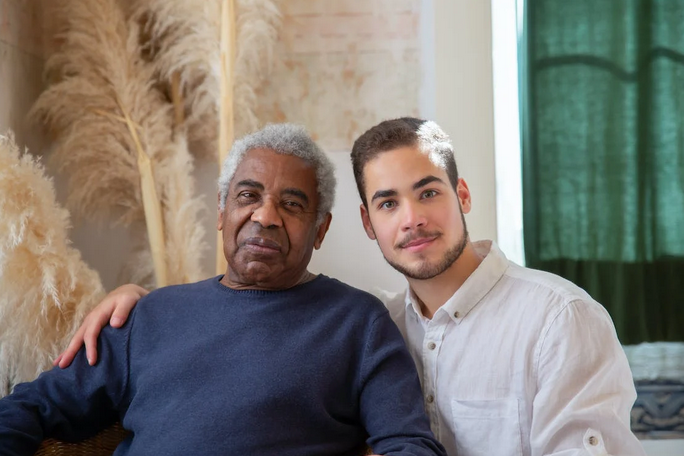As human beings, we all seek comfort and support when facing life challenges. But what happens when a loved one becomes ill or requires long-term care? Being a caregiver is no easy feat, as it can be physically and emotionally draining. However, the most important ingredient in caregiving is empathy – the ability to understand and share someone else’s feelings. Pflegekräftevermittlung Bayern can provide a wide range of services to help ease the burden of caregiving. In this blog post, we’ll explore why empathy is crucial in caregiving and how it can make all the difference for both the caregiver and their loved one. So grab a cup of tea, settle into your favorite chair, and dive into the world of compassionate care.
Different Types of Caregiving and How Empathy Can Help
 Caregiving comes in many different forms, from providing physical care to helping with activities of daily living. No matter what type of care you provide, showing empathy towards your loved one can make a big difference. Physical care involves tasks like bathing, dressing, and eating. Seeing a loved one struggling with these activities can be challenging, but showing empathy can help them feel more comfortable. Try to be understanding and patient, and offer words of encouragement.
Caregiving comes in many different forms, from providing physical care to helping with activities of daily living. No matter what type of care you provide, showing empathy towards your loved one can make a big difference. Physical care involves tasks like bathing, dressing, and eating. Seeing a loved one struggling with these activities can be challenging, but showing empathy can help them feel more comfortable. Try to be understanding and patient, and offer words of encouragement.
Helping with activities of daily living can also be difficult. Many caregivers find themselves doing things like laundry, cleaning, and cooking for their loved ones. Again, empathy is key. Showing that you understand their situation and are there to help can make the process much easier for both of you. No matter what type of care you provide, always remember to show empathy towards your loved one. It can make all the difference in the world.
Tips to Cultivating Empathy as a Caregiver

Empathy is a cornerstone of caregiving. It allows caregivers to see things from their patients’ or clients’ perspectives, which in turn can help them provide better, more compassionate care. Here are a few tips to help you cultivate empathy as a caregiver:
- Listen with your whole self. When someone is sharing something with you, really listen. Put aside any distractions and give the person your full attention. You may need active listening skills, such as restating what the person has said or asking clarifying questions.
- Try to understand how the other person is feeling. This can be difficult, especially if you don’t share the same experiences or don’t know much about the other person’s situation. But trying to put yourself in their shoes and understand how they might be feeling is important.
- Be compassionate, not just sympathetic. Compassion goes beyond simply feeling bad for someone else; it also involves taking action to help them ease their suffering. So, if you see someone in pain or distress, don’t just offer words of support – see if there’s anything you can do to help improve their situation.
- Don’t make assumptions. We all have different experiences and perspectives, so avoid making assumptions about why someone is acting a certain way or what they may be thinking/feeling. Instead, ask them directly ( in an appropriate way) and give them the space to share.
- Be mindful of your own biases. We all have our own biases, making it difficult to empathize with someone different from us in some way truly. Work on recognizing and checking your own biases so that you can better understand and relate to others.
In Conclusion
Empathy and compassion can make a tremendous difference in the lives of those receiving care. Empathy is an important factor for improving quality of life and promoting positive mental health outcomes. Caregivers should strive to bring empathy into their approach to caregiving by being mindful of the feelings and needs of those they are caring for.


